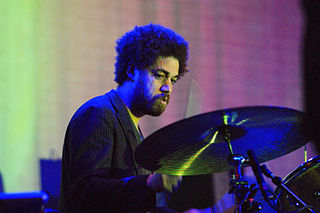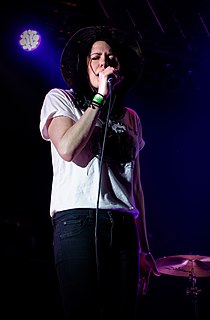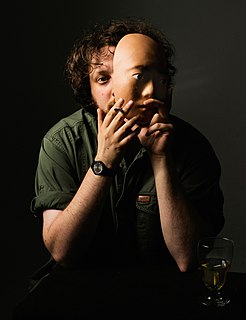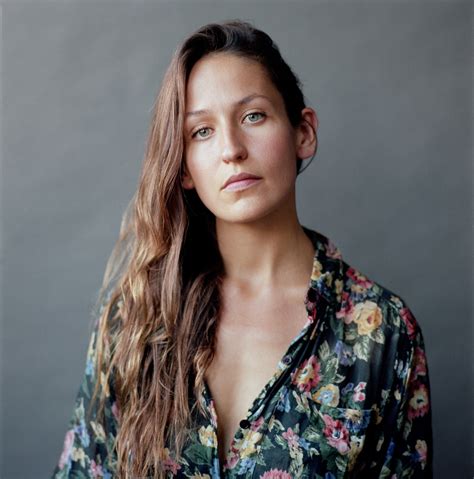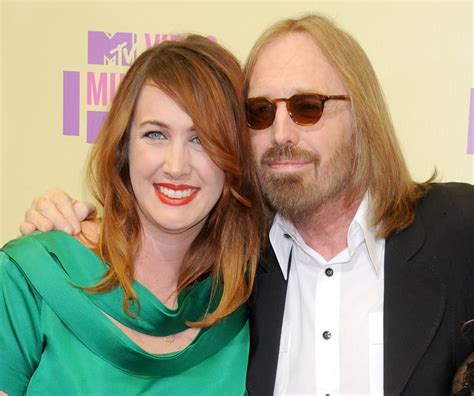A Quote by Mat Kearney
Somehow, my music really suits doctors making out in the syringe room.
Related Quotes
When I was growing up, I wasn't in bands, and had really no intention of ever doing music. I went out to California for college, and kind of on a whim started making music really as a joke, and over the course of the next five years started playing a lot of shows, and music became this really integral part of my identity.
Making music clips, I have a responsibility to depict the artist in a way that suits them, and feels comfortable with how they want to present their music. From there I usually try to tell a story visually that complements the music, that lets the music be the hero element of the project. I just try to do something that feels sincere and creative and a little bit home-brewed so it doesn't feel too plastic or phony.
When I was working on 'To Pimp A Butterfly' and 'DAMN.,' I'm really making music for Kendrick. It's a different mindset than when I'm making music for me. I'm trying to get into his head and figure out what he wants because it's his vision. That's what I expect from people when they're playing on my records.
I found that so many people in the music business started out as metalheads in the Eighties - whether they're songwriters, producers, engineers or executives, and no matter what they look like, with short hair, suits or whatever. I feel like my generation of metal kids really tends to populate the music world to a large extent.

